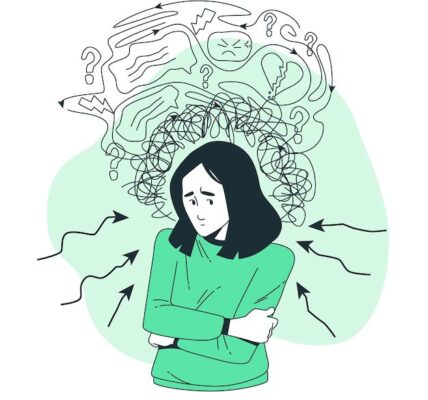Happiness is often seen as an elusive emotion that happens to us rather than something we can control. However, research in psychology and neuroscience suggests that happiness is a skill that can be cultivated. Training your brain for positivity can rewire your thought patterns, improve your emotional well-being, and lead a more fulfilling life.
Happiness is not simply a result of external circumstances but is deeply rooted in our brain’s neural pathways. Studies show that about 50% of happiness is genetic, life circumstances influence 10%, and 40% is within our control, based on our thoughts and behaviors. This means that we can significantly increase our happiness by adopting positive habits.
The brain has a natural negativity bias, meaning it is wired to focus on negative experiences more than positive ones. This evolutionary trait helped our ancestors survive by identifying threats, but it can lead to excessive worry and stress in modern life. The good news is that we can rewire this tendency by consciously practicing positivity.
Practice Gratitude
Research shows that regularly expressing gratitude can increase happiness levels. Keeping a gratitude journal, where you write down three things you are thankful for daily, can help reframe your mindset toward positivity.
Engage in Mindfulness and Meditation
Mindfulness meditation helps train the brain to stay present, reducing stress and increasing feelings of contentment. Studies have found that meditation can physically reshape the brain by strengthening areas associated with positive emotions.
Reframe Negative Thoughts
Cognitive-behavioral techniques suggest that you can shift your perspective by challenging negative thoughts. Instead of dwelling on problems, try focusing on solutions and looking for lessons in adversity.
Surround Yourself with Positive Influences
The people you interact with significantly impact your mindset. Spend time with individuals who uplift and inspire you. Avoid toxic relationships that drain your energy.
Engage in Acts of Kindness
Helping others releases feel-good chemicals like oxytocin and serotonin, which enhance happiness. Even small acts like complimenting someone or assisting a neighbor in can boost your mood.
Exercise Regularly
Physical activity releases endorphins, the brain’s “feel-good” chemicals. Regular exercise has been proven to reduce anxiety, depression, and stress while increasing overall happiness.
Laugh More
Laughter triggers the release of dopamine, which improves mood. Watching a funny movie, sharing jokes with friends, or even practicing laughter yoga can uplift your spirits.
Set and Achieve Goals
Having a sense of purpose and achieving small milestones releases dopamine, reinforcing motivation and joy. Setting realistic goals and celebrating achievements can build long-term happiness.
Happiness is not just a fleeting emotion but a practice that requires effort. By incorporating these strategies into your daily life, you can retrain your brain to focus on positivity and lead a more joyful, fulfilling life.






